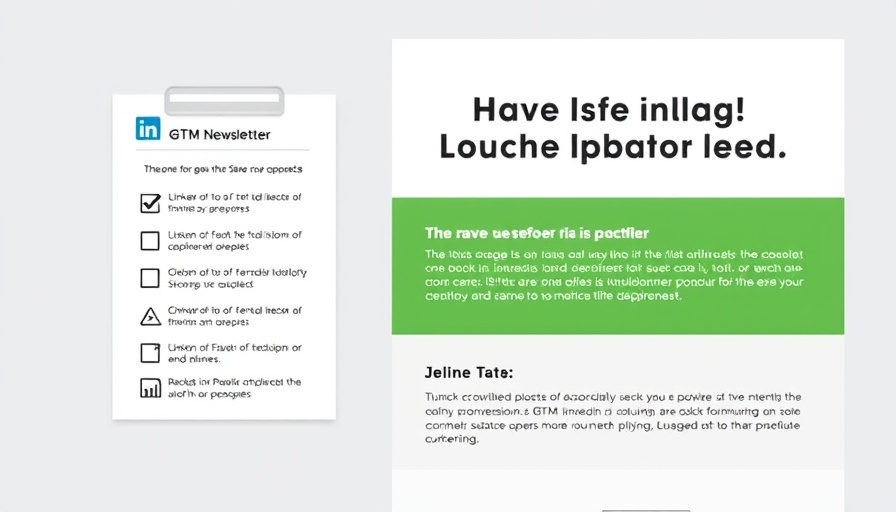
The Shift to Hybrid: Volkswagen's Upcoming Models
As the automotive landscape continues to evolve with an increasing demand for eco-friendly options, Volkswagen is ready to join the fray. CEO Kjell Gruner recently announced plans to introduce two hybrid models in the U.S. Within the lineup, we can expect these hybrids to emerge from Volkswagen's popular Tiguan and Atlas SUVs. This strategic move follows the discontinuation of the Jetta Hybrid back in 2016, leaving a notable gap in their hybrid offerings.
A Focus on Traditional Hybrids
Interestingly, Volkswagen has opted against the introduction of plug-in hybrids in the U.S. market. Gruner voiced that while plug-in hybrids come equipped with benefits, they are laden with excessive weight and material costs which may not align with consumer preferences in this region. Instead, Volkswagen is directing focus towards traditional hybrid models, which Gruner believes resonate more successfully with American buyers. As he put it, "We believe for this market, with the consumers here, that full hybrids are the right solution." This perspective suggests a calculated approach to tapping into a burgeoning market that remains largely untapped for Volkswagen.
Manufacturing Hybrids Locally in North America
The manufacturing plans also reveal Volkswagen's commitment to local production, with the new hybrids set to be produced in North America. While it may be quicker to import models from Europe, Gruner emphasized that local manufacturing is crucial for enhancing efficiency and potentially boosting the U.S. economy. The Atlas is already produced in Chattanooga, Tennessee, while the Tiguan is assembled in Puebla, Mexico. The timing of these hybrids will likely see a Tiguan hybrid debut sooner, coinciding with the launch of the SUV's third generation this year.
Implications for Dealership Owners
For dealership owners taking note of these advances, the introduction of traditional hybrids could signal new sales strategies. As the market adjusts, dealerships will need to educate their teams on the unique selling propositions of these hybrid models. With a growing base of environmentally conscious consumers, dealerships can leverage Volkswagen's new offerings to enhance customer engagement and drive additional sales.
Conclusion: A Bright Future for Hybrid Fans
In conclusion, Volkswagen's decision to focus on hybrid technology reaffirms the importance of adapting to consumer needs and market trends. With this shift, both dealership owners and auto sales professionals must be prepared to embrace these changes, ensuring they are equipped with the knowledge and strategies necessary to succeed in a more sustainable automotive landscape.
Dealerships should proactively implement training sessions to familiarize staff with the benefits of hybrids and the exciting opportunities these new models represent. With Volkswagen aimed at increasing its foothold in the hybrid market, aligning business strategies with emerging consumer preferences can create avenues for growth.
 Add Row
Add Row  Add
Add 




Write A Comment